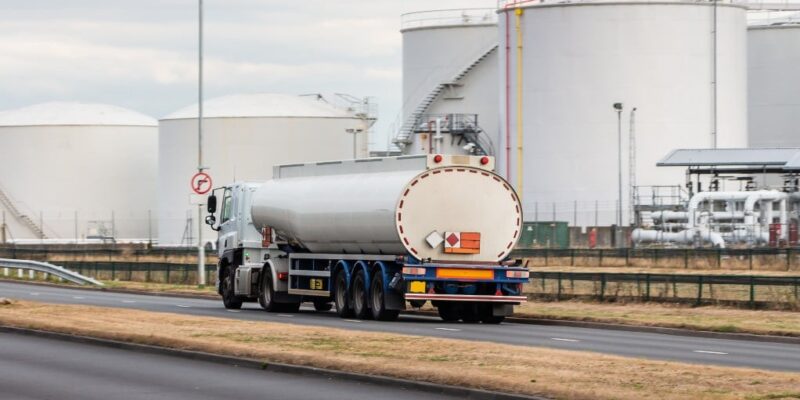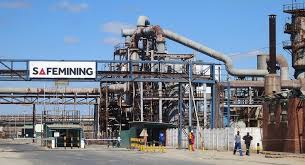A new report conducted by the Policy Monitoring and Research Centre (PMRC) has identified weak implementation of the Statutory Instrument (S1) No. 35 requiring at least 50 percent local movement of petroleum products transported by a local transporter.
In May 2021, government issued a directive that any entity importing petroleum products into Zambia must ensure that at least 50 percent of the product was transported by a local transporter in accordance with the provisions of SI No. 35 of 2021.
This legal requirement was passed to ensure that Zambians could also benefit from the jobs and wealth in the petroleum transportation sector, which sector had historically been dominated by foreign owed businesses.
A report released on Wednesday dubbed “Diagnostic Assessment of the Petroleum Sub-Sector in Zambia” however indicated that the lack of strong enforcement mechanisms had made it easy for most Oil Marketing Companies (OMCs) to ignore the S1 35 provisions altogether.
“Various interviewees indicated that the requirement for “local transporter” is in reality taken to mean a “Zambian registered” truck, but most of the Zambian registered tanker trucks are actually owned by foreign companies.
“The ongoing reform present a unique opportunity for government to legislate the increased participation of locals in the petroleum value chain. Full implementation of the S1 no. 35 requiring at least 50 percent local transportation of petroleum products would be a good start,” the report stated.
The report suggested that Zambian owned OMCs could be given preference in Government’s petroleum product purchases to support the sub-sector.
In addition, investment opportunities in rural filling station areas could be prioritised for local OMCs.
“These measures would help support the growth of local OMCs and fuel transporters, thereby contributing to local job and wealth creation,” according to the report.
The report also stated that the petroleum sub-sector transition had presented some opportunities in the downstream segment of the sector.
It cited the increased responsibility for the OMCs to meet the national demand for petroleum products as presenting opportunities for growth for local OMCs and fuel transporters.
WARNING! All rights reserved. This material, and other digital content on this website, may not be reproduced, published, broadcast, rewritten or redistributed in whole or in part without prior express permission from ZAMBIA MONITOR.











Comments